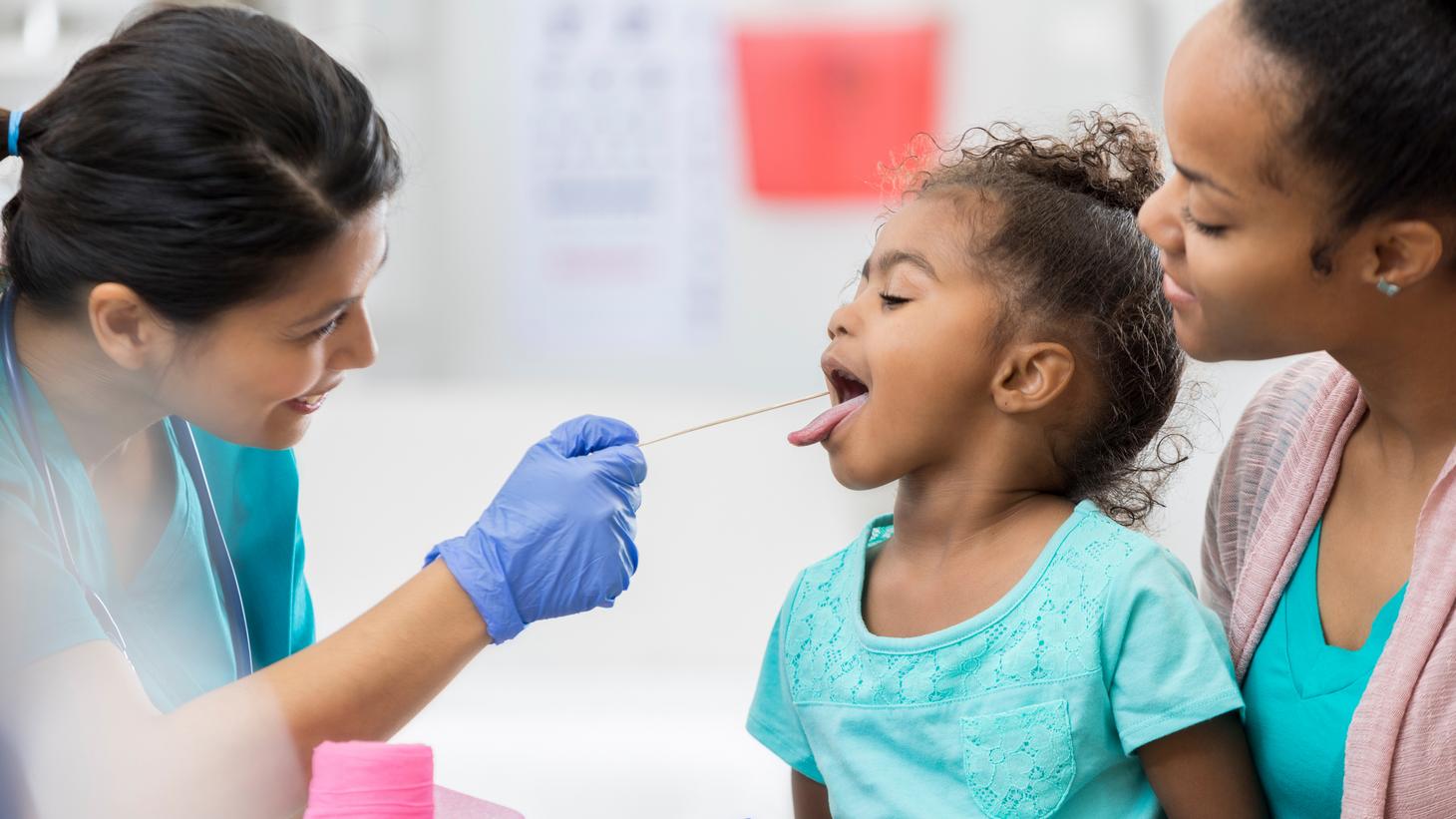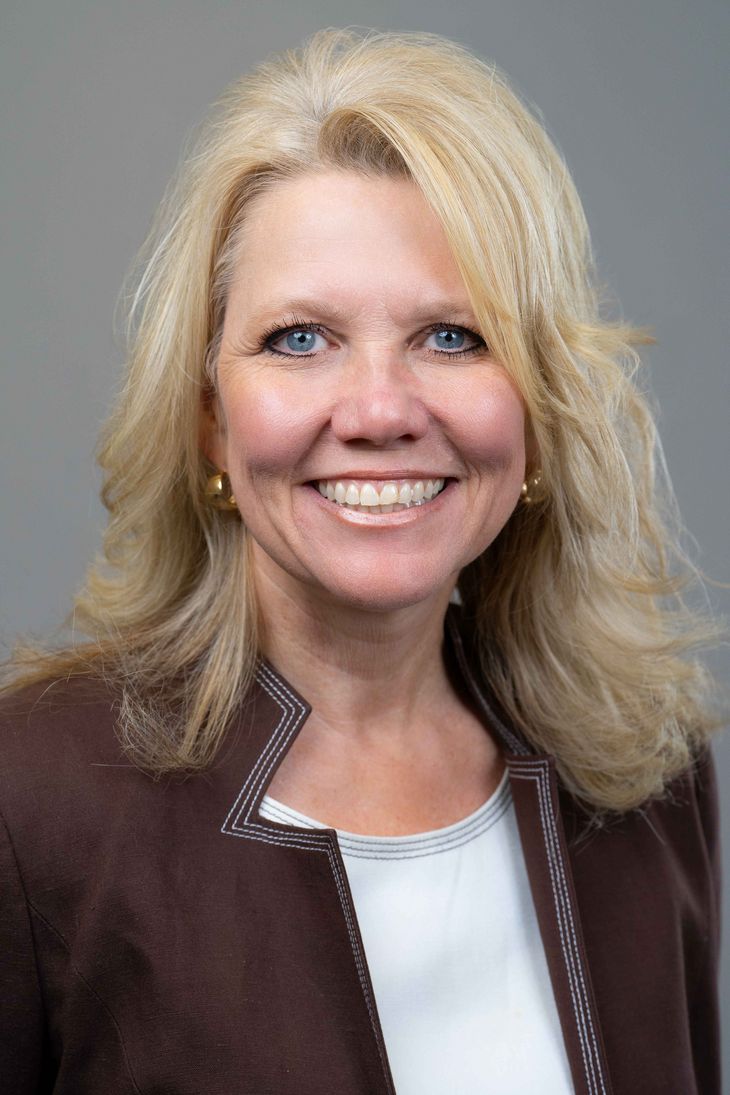
Registered Nurses in Primary Care
We at The Ohio State University College of Nursing believe that registered nurses can and should play a vital role in primary care settings to help patients manage chronic disease, which comprises approximately 90% of all healthcare spend in the United States. We also believe that primary care providers should be leaders in filling gaps in care based on social determinants of health; if we promote social justice in care, we promote a healthier population. Our programs prepare RNs to practice at the top of their scope in the prevention of disease and promotion of health and well-being, and our advocacy for foundational public policy change champions the potential for well-prepared primary care RNs to assume enhanced roles in the delivery of high-quality care.
Leadership
FAQS
- What is primary care?
-
Primary care is the foundation of healthcare. Primary care is the coordination of care across settings and providers. Primary care is defined by the Department of Health and Human Services as the provision of integrated, accessible health services by clinicians who are accountable for addressing a large majority of personal health care needs, developing a sustained partnership with patients and practicing in the context of family and community.
Consists of a broad range of healthcare services:
- Wellness and health coaching
- Promotion and maintenance of health
- Prevention of illness and disability
- Basic care during acute and chronic phases of illness
- Guidance and counseling of individuals and families
- Referral to other health care providers and community resources when appropriate
- Who are primary care providers?
-
Providers generally include
- Physicians (MD/DO)
- Advanced Practice Nurses including Nurse Practitioners and Midwives
- Physician Assistants
Practice in different disciplines
- General and internal medicine
- General internal medicine
- Geriatrics
- General pediatrics
- Maternity care
- What is the role of the RN in primary care?
-
- The role of the RN in primary care is to provide nursing care to a diverse group of patients and families in a community-based setting using the knowledge, skills and abilities of the nursing profession.
- The RN is a central team member in the delivery of quality and cost-effective primary care services.
- The RN may be responsible for managing a group of patients who require intensive oversight of a nursing professional.
- The RN helps individuals, families and groups reach their maximum level of wellness through a variety of techniques including health coaching.
- What are the skills of the RN in primary care?
-
Vast range of skills required for this role
The following list provides examples, but it is not exhaustive:
- Motivational interviewing
- Health guidance
- Coordinating care
- Chronic disease management
- Telehealth
- Managing transitions between levels of care
- Team development
- Team leadership
- Patient education
- Physical assessment
- Medication administration
- Vaccine management
- Injections
- Specific office-based procedures based on policies and procedures (IV hydration, EKG, Ultrasound, Pap smear, eye and ear exam, diabetic foot exam, phlebotomy, point of care testing, screenings and assessments)
- Why should I work in primary care?
-
- Looking for a place in nursing where you can build long lasting and trusting relationships with patients, families, and communities
- Desire to work with diverse populations with diverse health needs and concerns
- Ability to provide holistic nursing care to patients and families
- Flexible nursing interventions that are patient specific
- Focus on health promotion and health protection
- Work in a truly interdisciplinary environment bringing the knowledge skills and abilities of the nursing profession
- Have opportunity to work with patients across the age span
- Settings in primary care
-
- Primary care provider offices and clinics
- Community health centers
- Nurse-led clinics
- Pediatric provider offices and clinics
- Internal Medicine clinics
- Family Practice offices
- Geriatric clinics
- Clinics within schools
- How will completing the certificate program help me reach my professional goals?
-
- Working to the top of your scope as a RN requires you to utilize the full breadth of your education, training, and expertise to bring better health outcomes to your patients. It requires the need for the RN to be an advocate for the nursing profession and to role model lifelong learning.
- Working to the top of your license is regulated by State Boards of Nursing
- What should I expect to learn in the Registered Nurses in Primary Care certificate program?
-
- The foundations of the dimensions of primary care
- Work effectively and efficiently in a primary care setting
- Lead care teams
- Manage chronic conditions
- Engage patients and families to become active participants of their care
- Effectively provide health teaching and health coaching
- The pillars of connected care
- Management of medically underserved populations
- Health promotion and prevention
- Health coaching
- Facilitation of self-management support
- What does top of scope/top of license mean?
-
- You will be armed with the knowledge, skills and abilities to work effectively in a primary care setting
- You will be well versed in evidence-based practice that guides the delivery of primary care including mental health and substance use
- You will be able to apply the skills you learn in this program to expand your role, create new plans and programs, and become an effective change facilitator
- This certificate and the knowledge gained will stretch your capacity as a RN and expand your thinking
- It will help you work in expanded roles in Primary Care
- Increase your marketability
- Increase your knowledge on the importance of health equity and social justice
- Primary care certificate holders have:
-
- Matriculated to FNP programs to work in primary care as advanced practitioners
- Helped develop new clinical programs in their primary care clinics
- Expanded their nursing programs by adding RN positions and staff based on model of learning from certificate
- Connected with their passion and purpose in nursing
This project is supported by the Health Resources and Services Administration (HRSA) of the U.S. Department of Health and Human Services (HHS) Nurse, Education, Practice, Quality and Retention Grant UK1HP31699 entitled Registered Nurses in Primary Care as part of an award totaling $2,763,494. The contents are those of the author(s) and do not necessarily represent the official views of, nor an endorsement, by HRSA, HHS, or the U.S. Government. For more information, please visit HRSA.gov.






